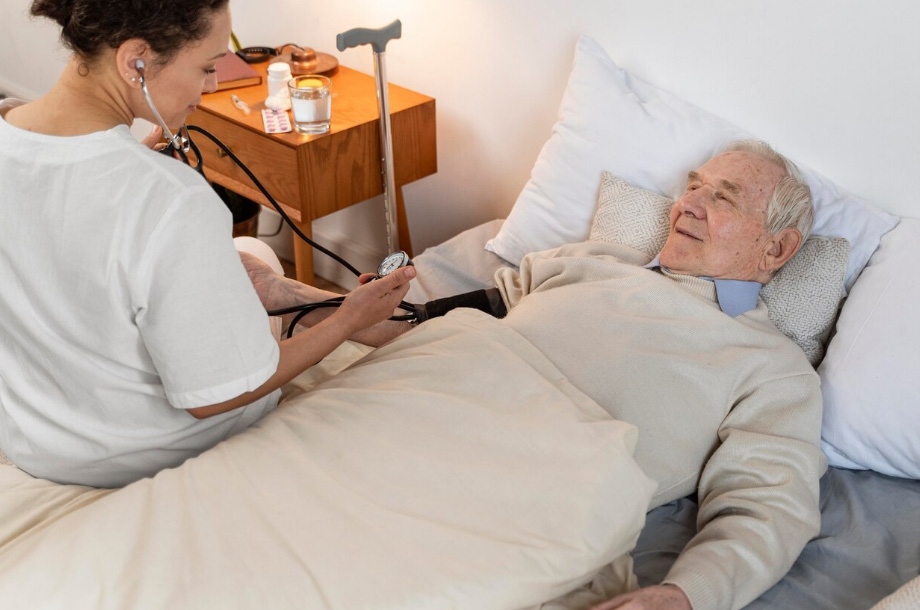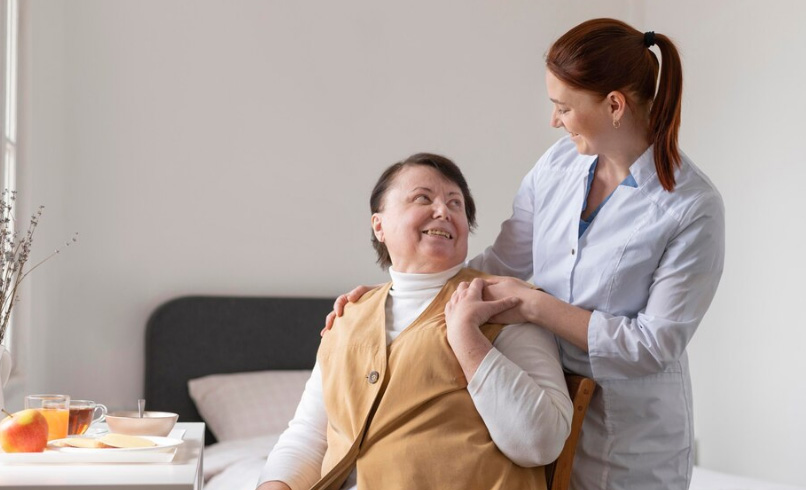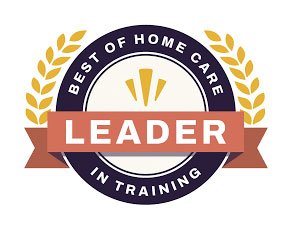
In times of struggle, it is normal to feel angry, worried, depressed, or anxious about our problems. Perhaps this is all a part of life. However, we must still learn to ground ourselves and appreciate the things and tools we have in front of us and find ways to increase how we view life.
We don’t realize how much we miss something until it’s no longer around. As a result, when someone advises you to be more appreciative and give thanks, you may want to consider their advice seriously. This notion applies to everybody, especially seniors and their caregivers.
Ultimately, gratitude is more than just a nice, warm feeling. For both the elderly and caregivers, gratitude has several practical benefits.
The Importance of Gratitude for Seniors
To put it simply, the feeling of thankfulness is gratitude. While most people believe that being grateful for what we have is a positive trait, developing gratitude improves those living with dementia, among many other mental health issues.
It has been shown that gratitude improves physical, mental, and sleep health and blood pressure control. Scientists believe that consistently expressing appreciation can make us happier. Gratitude also helps to deepen our friendships. When we engage with the outside world, thankfulness usually results in positive emotions.
For example, feelings of gratitude and admiration for a loved one with dementia may be conveyed. With this, you may also notice a reduction in irritability or anxiety, as well as an increase in serenity. Stress reduction, as we all know, benefits both our physical and mental health.
So, the next time you may think of brightening someone’s day, consider how a simple “thank you” could do wonders for their mental, emotional, and physical state.
The Importance of Gratitude for Caregivers
Caregivers can benefit from practicing gratitude, too. The bulk of caregivers eventually accept that their efforts are limited simply because they can’t simply shift their patient’s mood.
If you want to be a more effective caregiver, your mental health is a must! Bettering yourself, modifying your expectations, and letting go of your unfulfilled desire can alleviate your patient’s suffering and stress on yourself.
Regardless of the disasters that come your way, think about, express, and cultivate gratitude. This way, you can influence your patients to strive for better sleep, less stress, and more contentment!
Gratitude and the Brain
Studies by UCLA’s Mindfulness Awareness Research Center have concluded that gratitude and appreciation influence how our brain works. Gratitude increases the production of “happy hormones” and strengthens our immune system.
Moreover, Dr. Alex Korb demonstrates how appreciation builds routes to good in his book Upward Spiral. He shows how something as easy as writing (or receiving!) a “thank you” card can help us refocus on what we already have instead of just seeking the finer things in life.
Ways to Demonstrate Your Gratitude
The benefit of cultivating thankfulness is seeing the beauty in things right in front of us, even if it is not how we imagined. Among the many techniques to cultivate thankfulness are the following:
- Keep a gratitude journal: Keeping a gratitude journal will help you keep track of things you’re gratuitous of. It could contain notes about someone close to you, notes about a joyful recollection of your childhood, or even your favorite family holiday. The options are limitless!
- Consider praying or reflecting: You might also try meditation or one of the many thankfulness prayers. Gratitude prayers or speaking with a higher power can open the idea of being vulnerable, humble, and grateful.
- Become more mindful: It is wise and prudent to retain conscious awareness of the present moment. Although this may be difficult at first, it may only require daily practice. Maintain vigilance over your thoughts and consider whether your feelings promote a grateful mindset.
- Express yourself creatively: It’s time to get creative. Art therapy can assist caregivers and people living with dementia in better connecting and communicating. As you become resourceful, don’t hesitate to look for new sources of gratitude-inspiring people and places.
Conclusion
They say that what you think, you create. Perhaps improving your mindset is the one thing you can do to begin changing your outlook on life. As you practice gratitude and appreciation every day, you welcome the possibility of good things to come your way.
Are you looking for home care HOSPICE in Atlanta? Golden Rule Hospice offers exceptional hospice services. We treat others the way we would like to be treated. We stand by our mission and would love to talk about our services. Call (470) 395-6567 to learn more! We provide services in these areas, licensed and ready to serve: Cherokee, Clayton, Cobb, Dawson, Dekalb, Douglas, Fayette, Forsyth, Fulton, Gwinnett, Hall, Henry, Lumpkin, Newton, Paulding, Pickens, Rockdale, and Walton.







